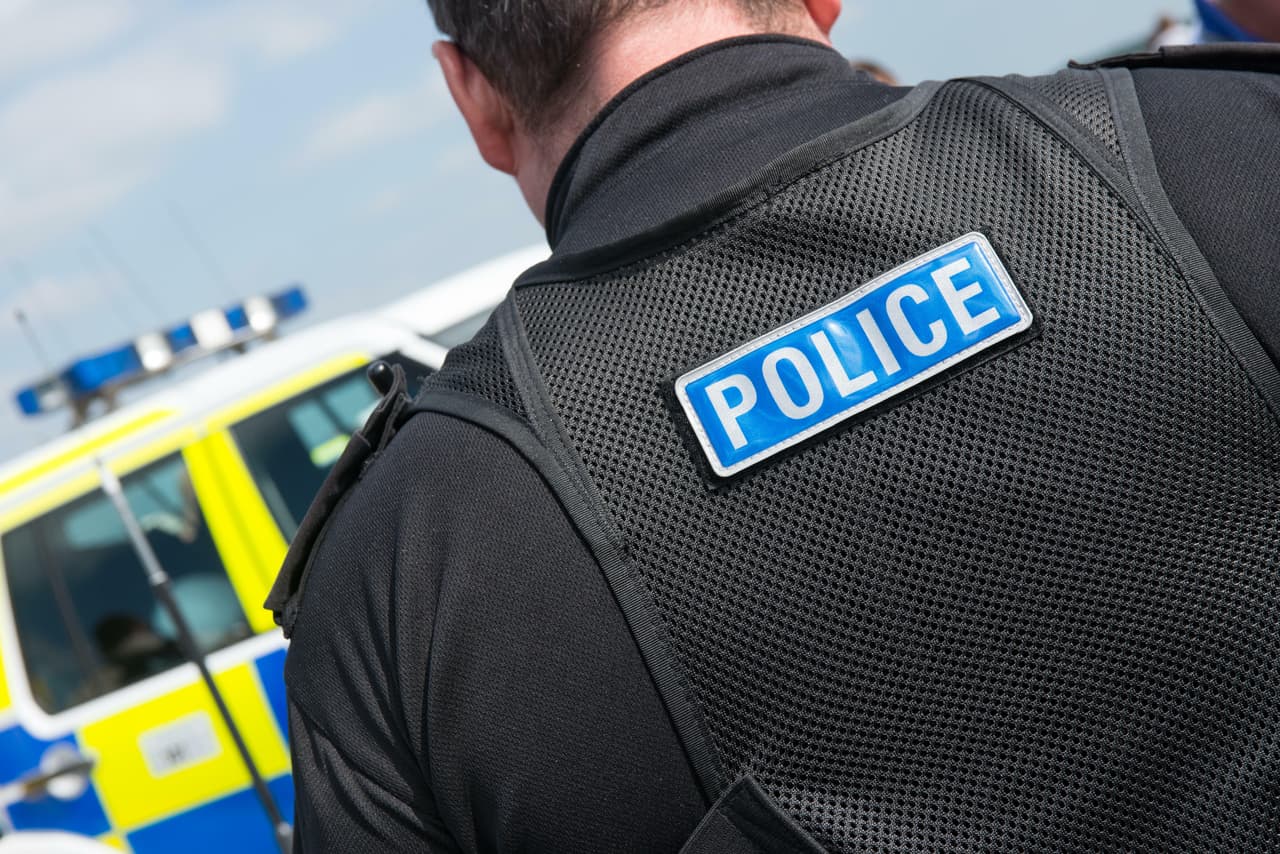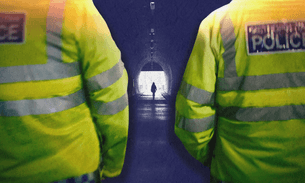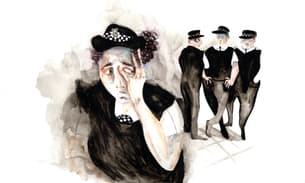
Police officers accused of abuse avoid convictions and keep their jobs
Eight out of 10 police employees accused of domestic abuse are still working, an investigation by The Bureau of Investigative Journalism and ITV has found.
The figures, obtained through freedom of information requests from 41 forces across the UK, show that more than 1,300 officers and staff have been reported for alleged domestic abuse since 2018. Only 36 have been dismissed. 203 have retired, resigned or left for other reasons.
As well as keeping their jobs, police employees across the country were more likely on average to avoid prosecution, with only 3.4 per cent of the reports leading to a conviction. The conviction rate for the wider general public is twice as high. The Bureau’s data showed lower than expected conviction rates at forces across the UK.
Ruth Davison, the CEO of Refuge, said: “I can’t overstate how serious this is. Domestic abuse is fundamentally about power and control, the abuse of power. And police officers do have power — they’re supposed to use that for our benefit to uphold the law and to keep us safe.”
David Tucker, head of crime at the College of Policing, said: “Allegations of domestic abuse by an officer must be treated with the utmost seriousness. The charging and conviction rates for all domestic abuse is a matter of great concern.”
The data comes as the culture of British policing is under renewed scrutiny.
Last month a watchdog report into a Metropolitan police station in Charing Cross found officers exchanging WhatsApp messages that included rape threats and jokes about abusing their partners. In the wake of the report, and under intense pressure from Sadiq Khan, the mayor of London, Dame Cressida Dick resigned from her position as the Metropolitan police commissioner.
The Met, which is the UK’s largest police force with more than 33,000 officers and almost 10,000 staff, accounts for approximately one third of the Bureau’s figures. Almost 400 officers and staff were reported for alleged domestic abuse over an almost four-year period.
A spokesperson for Khan said: “The mayor has been very clear about the scale of the change he believes is urgently required to rebuild the trust and confidence of Londoners in the Met – including change right at the top – in order to root out any misogyny and sexism that still exists. This is vital to ensuring that Londoners feel confident that any allegations against police officers are taken seriously.”
Holly (not her real name), a serving constable in the Met, was physically and sexually abused by a male colleague throughout their relationship. She reported him after he subsequently terrorised another young female recruit, but he was allowed to continue working, unsuspended, for years. She said of her own force: “They say how much they’re going to support women. And they don’t. That’s a really bitter pill to swallow.”
Forces across the country face a similar systemic problem with abuse. A super-complaint filed by the Centre for Women’s Justice (CWJ) after the Bureau first investigated police-perpetrated abuse, called for sweeping changes to the way forces handled allegations made against officers. The CWJ submission initially included testimonies from 19 victims, but they have since been approached by about 165 other women.
“This suggests that there are many, many more women who have suffered such abuse and many feel very unhappy about the way such complaints are dealt with. The women who have come forward have come from all over the country,” Harriet Wistrich, director of the CWJ, said.
The Bureau’s data records only accusations of domestic abuse reported to the police. “Most women are very reluctant to report because they are concerned that the complaint may be investigated by friends or colleagues of the officer they are complaining about,” Wistrich added. “Police officers who abuse will warn their victims they won't be believed and that they will use their powers to get revenge if they report.”
Last year, Dame Vera Baird, victims commissioner for England and Wales, warned that women’s faith in police was low after the murder of Sarah Everard, 33, in March 2021 by Wayne Couzens. Couzens – then an acting Metropolitan police officer nicknamed “the rapist” by colleagues – flashed his police identification card to falsely arrest Everard, before driving her to a remote location to sexually assault and murder her.
“It couldn’t be a more fundamental breach of trust, because the public invests trust,” Baird told the Bureau. “It couldn’t be a more fundamental breach of police oaths, which they take when they’re sworn in as constables, that they will serve the public and do no harm. And it couldn’t be a more fundamental breach of duty.”
A spokeswoman for the National Police Chiefs’ Council said: “Figures such as these will cause concern to victims and we want to assure you that policing is working hard to root out those who display misogynistic characteristics. Everyone must call out inappropriate behaviour when they see it and the support systems must be in place for those who report domestic abuse and other crimes which disproportionately affect women.”
Header image: A police officer moves towards a police car on a sunny day. Credit: Martin Bennett/Alamy Stock Photo
Reporter: Sarah Haque
Editor: Meirion Jones
Production: Frankie Goodway and Alex Hess
Fact checker: Alice Milliken
Legal team: Stephen Shotnes (Simons Muirhead Burton)
Animations: Ediedamame
Graphics made with Flourish.
This report was supported by core Bureau funds. None of our funders have any influence over the Bureau’s editorial decisions or output.
Note: This story was updated on March 31 to make Holly's pseudonym consistent with earlier reporting.
-
Area:
-
Subject:





